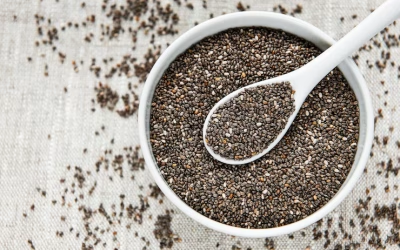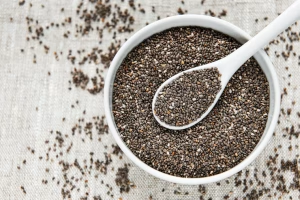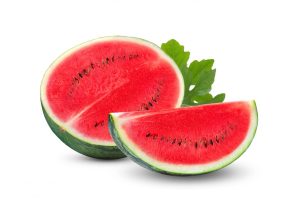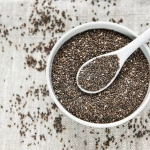Eggs are a staple in many diets around the world, known for their versatility in the kitchen and their impressive nutritional profile. Whether you’re scrambling them for breakfast or adding them to a gourmet dish, eggs offer a wealth of benefits that make them a must-have in any balanced diet. In this blog, we’ll dive deep into the nutritional value of eggs, explore their health benefits, discuss who should eat them and who should avoid them.

Analyzing an Egg: The Nutritional Powerhouse
Eggs are one of nature’s most nutritious foods. According to The United States Department of Agriculture (USDA), A single large egg weighing 50 g can provide the following nutrients , Energy: 77.5 calories, Protein 6.3 grams (g), Total fat: 5.3 g, Sodium: 62 milligrams (mg), Calcium: 25 mg, Iron: 0.6 mg, Magnesium 5 mg, Phosphorus: 86 mg, Potassium: 63 mg, Zinc: 0.53 mg, Cholesterol: 186 mg, Selenium: 15.4 micrograms (mcg), Lutein and zeaxanthin: 176 mcg, Folate: 22 mcg.
Eggs are also rich in essential vitamins(A, B, D, E, K) and minerals, such as:
- Vitamin A: Supports eye health and immune function.
- Vitamin B12: Important for brain health and red blood cell formation.
- Riboflavin (Vitamin B2): Helps with energy production and skin health.
- Folate: Crucial for DNA synthesis and repair.
- Iron: Essential for oxygen transport in the blood.
- Choline: Important for brain health and fetal development during pregnancy.
- Vitamin D3: Found in the egg yolk, vitamin D3 is crucial for calcium absorption, bone health, and immune system function. Eggs are one of the few natural food sources of vitamin D, making them particularly valuable, especially in regions with limited sunlight.
Eggs are also an excellent source of antioxidants like lutein and zeaxanthin, which are beneficial for eye health. The yolk, often misunderstood, contains the majority of these nutrients, making it a vital part of the egg’s nutritional profile.

Health Benefits of Eating Eggs
- High-Quality Protein: Eggs are considered a complete protein, meaning they contain all nine essential amino acids that our bodies cannot produce on their own.
- Supports Weight Management: Due to their high protein content and low-calorie count, eggs can help you feel full longer, reducing overall calorie intake throughout the day.
- Promotes Heart Health: While eggs do contain cholesterol, studies have shown that for most people, dietary cholesterol has little effect on blood cholesterol levels. In fact, eggs can increase levels of HDL (the “good” cholesterol) and reduce the risk of heart disease.
- Boosts Brain Health: Choline, found in egg yolks, is essential for brain function, memory, and mood regulation. It’s also crucial during pregnancy for the development of the fetal brain.
- Supports Eye Health: The antioxidants lutein and zeaxanthin found in eggs help protect your eyes from age-related conditions like macular degeneration and cataracts.
- Supports Bone Health: The vitamin D3 in egg yolks plays a key role in calcium absorption, helping to maintain strong bones and teeth.
When and Who Should Eat Eggs for Optimal Health
- Athletes and Active Individuals: The high-quality protein in eggs helps with muscle recovery and growth, making them an excellent choice for those who engage in regular physical activity.
- Pregnant Women: The choline and vitamin D3 in eggs are vital for fetal brain and bone development, making eggs a great addition to a pregnancy diet.
- People Looking to Lose Weight: Due to their satiating properties, eggs can help reduce overall calorie intake, aiding in weight loss.
- Elderly Individuals: The nutrients in eggs, especially protein, vitamin D3, and B vitamins, support muscle mass and bone health, which are crucial as we age.
The Downsides of Eggs
While eggs are highly nutritious, they do have some downsides:
- Cholesterol Content: Although dietary cholesterol doesn’t affect everyone’s blood cholesterol levels, individuals with certain health conditions should monitor their intake.
- Risk of Contamination: Raw or undercooked eggs can carry Salmonella, a bacteria that can cause food poisoning.
To get more information about healthy food and nutrition please visit HerbalGourmets website.
References:
- https://www.medicalnewstoday.com/articles
- https://www.usda.gov
- https://www.ncbi.nlm.nih.gov/pmc/articles






















